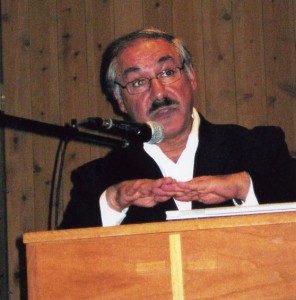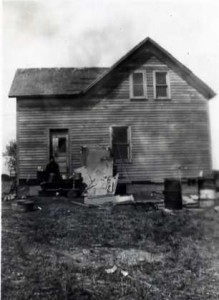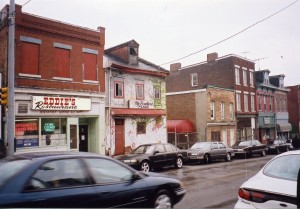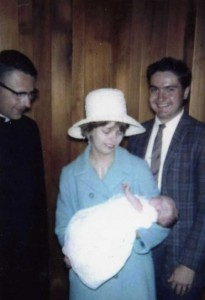#115 – Dick Bernard: Learning about South Asia from a South Asian….
Last week I was invited to one of those events that have hard and fast ground rules. In this one, a prominent speaker speaks; the condition the listeners are asked to accept is to not breach confidentiality. In some senses it is a very reasonable rule: a person would like some reasonable chance to be somewhat open and honest without inordinate concern of being misquoted, or quoted at all for that matter. For the individuals privy to the information, the time can be very well spent. Such sessions help to inform ones opinion. These happen all the time, everywhere.
The downside is pretty obvious: only a tiny few have the opportunity to hear the insights. At this particular gathering I was one of 22 enjoying a country club breakfast and informed comment. (Five were women.)
Our speaker was eminently qualified: formerly (and at separate times) a very high military, and also an elected, official in his major south Asian country. He was very well informed about south Asia, and very interesting as well. But I’m not about to violate the rules, and tell you what his opinion was, or even what the questions were, save for the one I asked.
The questions were thoughtful, as were the answers. In the eternal chess game that is international geopolitics there is never a black and white situation. Behind the rhetoric is a never easy reality.
I had an opportunity to ask my question, and since it’s my question, I can bring it up, here, and then answer it myself without betraying the speakers response….
I observed that a recent poll – “our peculiar way of doing referendums on public opinion” – suggested that a distressingly large percentage of Americans, regardless of party preference, seem okay with bombing Iran. What did our speaker think of that, I asked. He addressed the question very well, but, as I say, I won’t tell you what his answer was.
But I can tell you what my answer – my reason for asking the question – is.
South Asia is a pretty big piece of geography. The big countries are Iraq, Iran, Afghanistan, Pakistan and India. There are several smaller entities, and of course Russia and China are generally in the neighborhood as well.
When I got home I checked my trusty almanac. Iraq, Iran and Afghanistan together have about one-third the land area, and one-third the population of the United States. Toss Pakistan and India into the kettle and you’re up to a U.S. size territory with four times our population.
And here we sit at home, saying “bomb, bomb Iran” when we couldn’t manage our splendid little war in the smallest of the three “hot” countries listed above. It’s as if we look on war as some video game; that somebody out in Fargo can bomb, bomb Afghanistan with a drone, and get the bad guys to wise up and come out of their caves with their hands up. It worked for the John Wayne crowd….
Collectively we seem not to have a clue.
I thought my time was very well spent at the session. I only wish everybody would have the chance. One of the big problems in our society is that there is an anointed group of “big boys” (they’re usually still boys) who play the global chess. They are upstream from the folks I was sitting with last week, but they, too, discuss and debate theories and ideas and gain perspective. The lucky citizen elects leaders who’ll be willing to listen; the unlucky elects leaders who only tell. We’ve had both types in recent years. There is a big difference.
At about the same time I was having my coffee and eggs, reports were on about President Obama saluting the caskets of the fallen as they came back from Afghanistan, and Secretary of State Clinton having frank conversations in Pakistan with journalists and students and the government. I thought both Obama and Clinton were class acts.
To the bombs and bullets crowd, Obama and Clinton are wimpy; to the peace types, they’re war mongers.
We take what we can, and work for better.
Thank you, source who cannot be named, for the invitation! And thanks, too, speaker who is anonymous. You did a great job!









